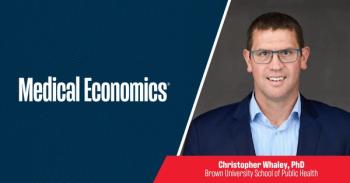
Q&A: Excessive contributions
An IRS rule limits how much highly compensated employees contribute to qualified retirement plans relative to non-highly compensated employees.
Q: I'm with a small group practice and in 2008 contributed $15,500 (the IRS maximum for that year) to my 401(k) with no company match. I received a check for excessive contribution and was told that it was due to the "average deferral percentage" test. Why is that, and how do I solve this problem?
A: The average deferral percentage test is an IRS rule that limits how much highly compensated employees contribute to qualified retirement plans relative to non-highly compensated employees.
Answers to our readers' questions were provided by Ryan J. Keshemberg, a registered representative and investment advisor representative with CRI Securities LLC and Securian Financial Services Inc., members of FINRA/SIPC, registered investment advisers. CRI Securities is affiliated with Securian Financial Services and North Star Resource Group. North Star Resource Group is not affiliated with Securian Financial Services Inc. and is independently owned and operated. This information is a general discussion of the relevant federal tax laws. It is not intended for, nor can it be used by any taxpayer, for the purpose of avoiding federal tax penalties. This information is provided to support the promotion or marketing of ideas that may benefit a taxpayer. Taxpayers should seek the advice of their own tax and legal advisers regarding any tax and legal issues applicable to their specific circumstances. TR: 176752 / DOFU: 4/2010. Send your money management questions to
.
Newsletter
Stay informed and empowered with Medical Economics enewsletter, delivering expert insights, financial strategies, practice management tips and technology trends — tailored for today’s physicians.






